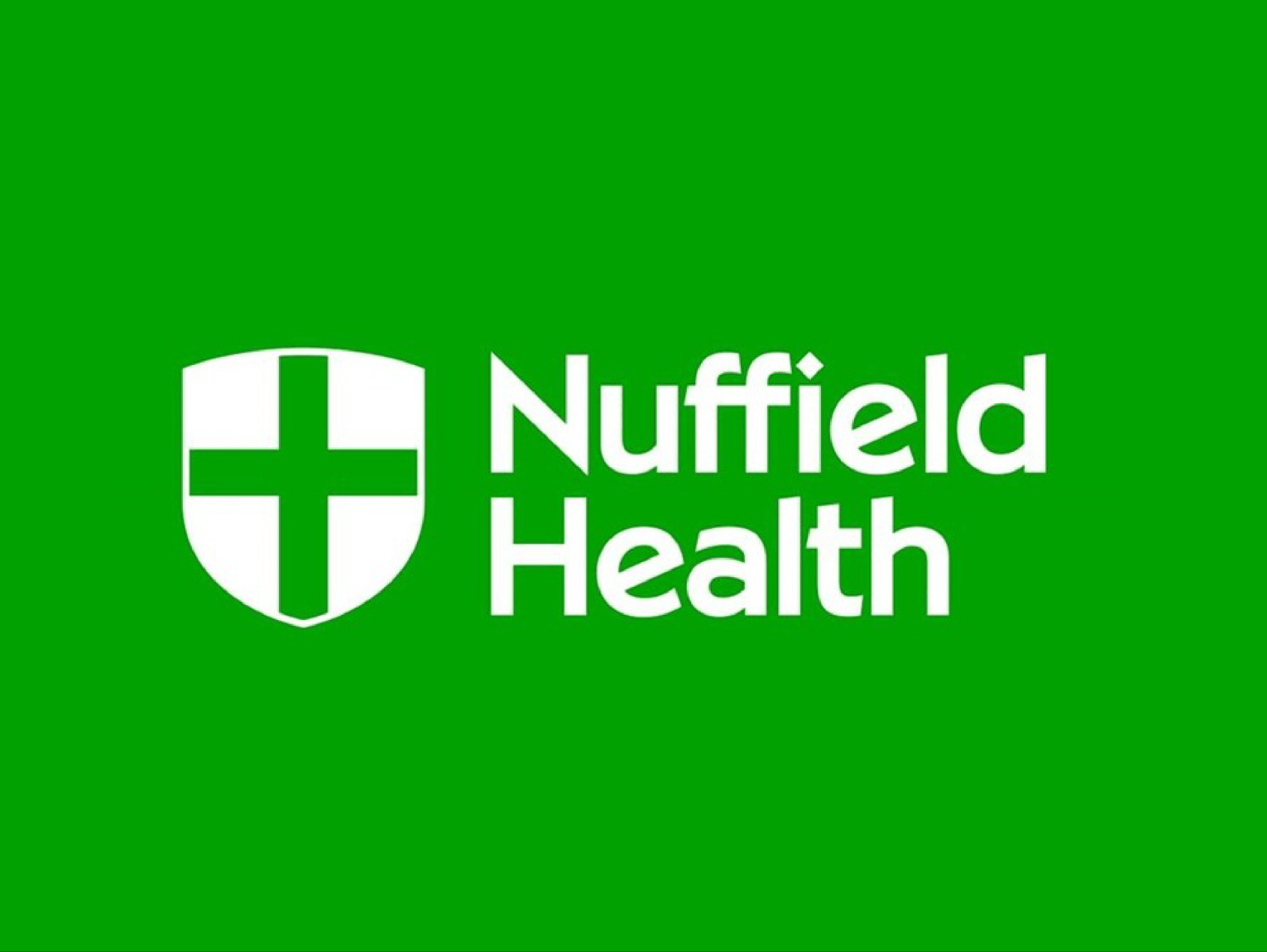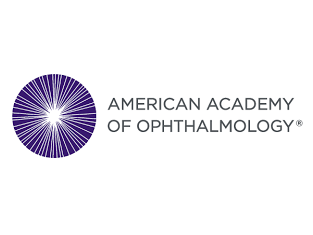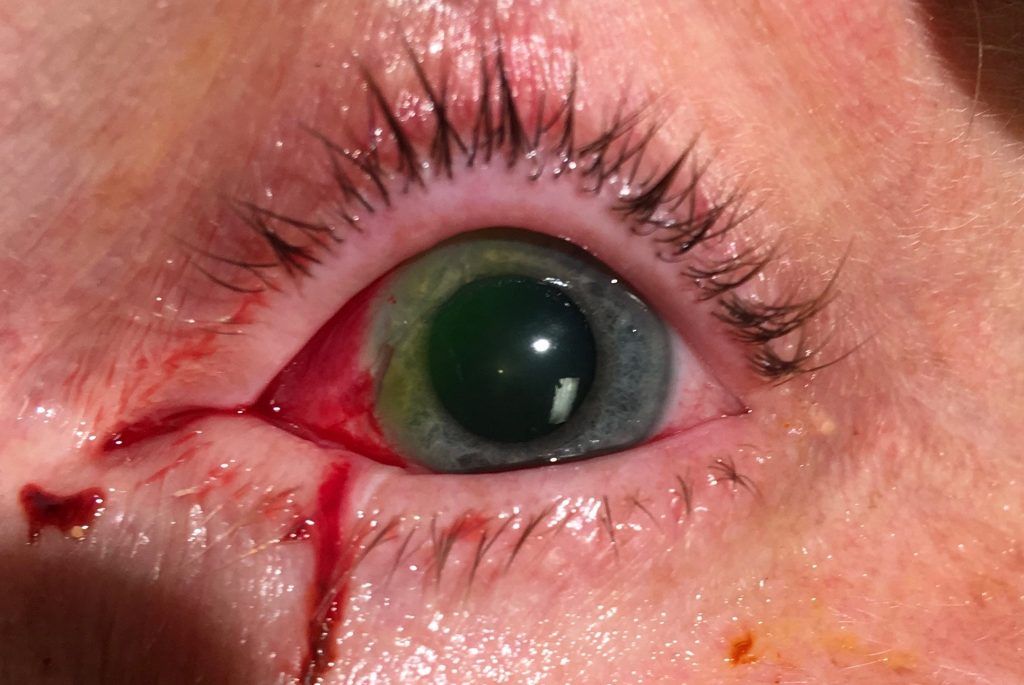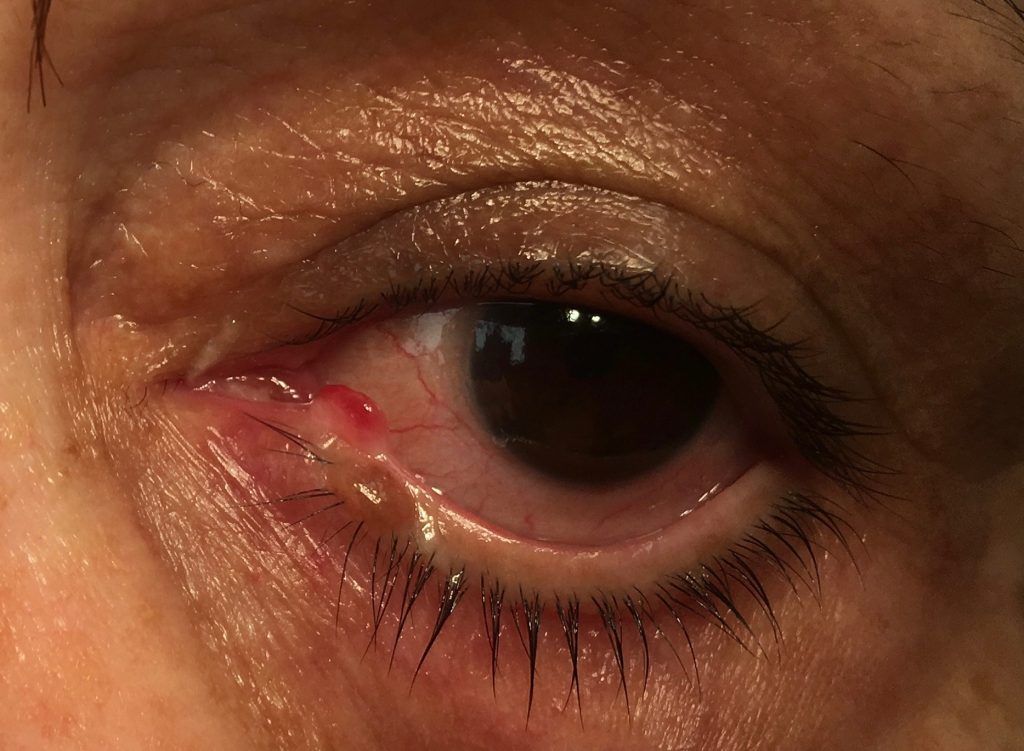Coronavirus Impact on Ophthalmology
Coronavirus Impact on Ophthalmology
During the current Coronavirus pandemic, we are responding to Government guidance and making changes to the way we offer Ophthalmology services. We will protect you by limiting travel, hospital visits wherever possible and avoiding crowds in our waiting rooms. We are committed to maintaining a safe service for all of our patients.
The pandemic has affected all of us, ophthalmologists and ENT surgeons have been unexpectedly on the front lines. Alarmingly 3 consultant ophthalmologists at the Wuhan Central Hospital where the outbreak of Covid 19 was first identified have died.
Patients can get conjunctivitis as part of the spectrum of symptoms in Covid 19 and ophthalmologists need to get close to their patients to examine their eyes.
The government have been in a tough place and I am sure there is no real solution to our current situation. We will have to accept that most of us will get Covid 19 or wait for a vaccine, which is likely to be at least a year and of unknown effectiveness and longevity.
The risk of severe problems from SARS Co V2 is linked strongly to age. The mortality statistics are frightening 4.5%, 9% and 12.5% for the 60,70 and 80 year old age groups. The only other option is shielding yourself from everyone else.
My top tips for trying to avoid this highly infectious virus revolve around how the virus is spread. I believe it is largely spread by inhalation.
So, my key things to avoid doing are:
1. Breathing other people’s air.
a. Try to avoid places with poor air circulation. If on a bus or metro, open the windows to improve ventilation.
b. Avoid talking face to face with people.
c. Avoid being down wind from people if at all possible. This is particularly important when being overtaken by runners or cyclists. Their ‘cloud’ of exhaled air is greater than for pedestrians.
d. Of course, keep your distance from people.
e. Avoid gatherings particularly those that involve chanting or singing
2. Avoid people who are coughing like they have the plague! Hold you breath and move rapidly away from these people.
3. Besides public transport, most people’s greatest risk will be shopping for essential groceries. Ordering on-line is safest. If you don’t want to do this, minimise your interaction with people when out.
4. There is some evidence that the virus can survive on objects. Everything you touch outside your home is potentially a problem. The simple message is to avoid touching your face with your hands and wash your hands with soap and water when you come in doors.
Be sensible and this will keep you safe. I hope you find some reassurance in the fact that most of us will be fine.
Currently, telephone or video consultations can be made. I resumed NHS cataract operations at the beginning of June and we are doing our best to get through the backlog of about 4500 cataracts. We have been unable to assess any of the new cataract referrals since the lock down began but this should change shortly. It looks like we are in for some difficult times but rest assured we are all trying our best to tackle the backlog.














